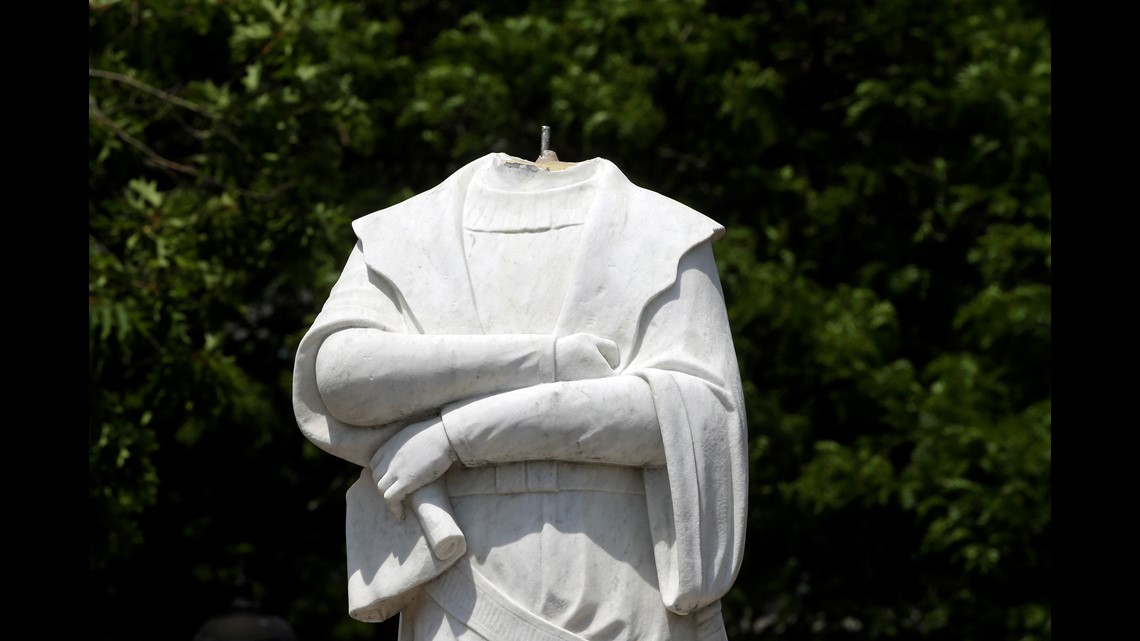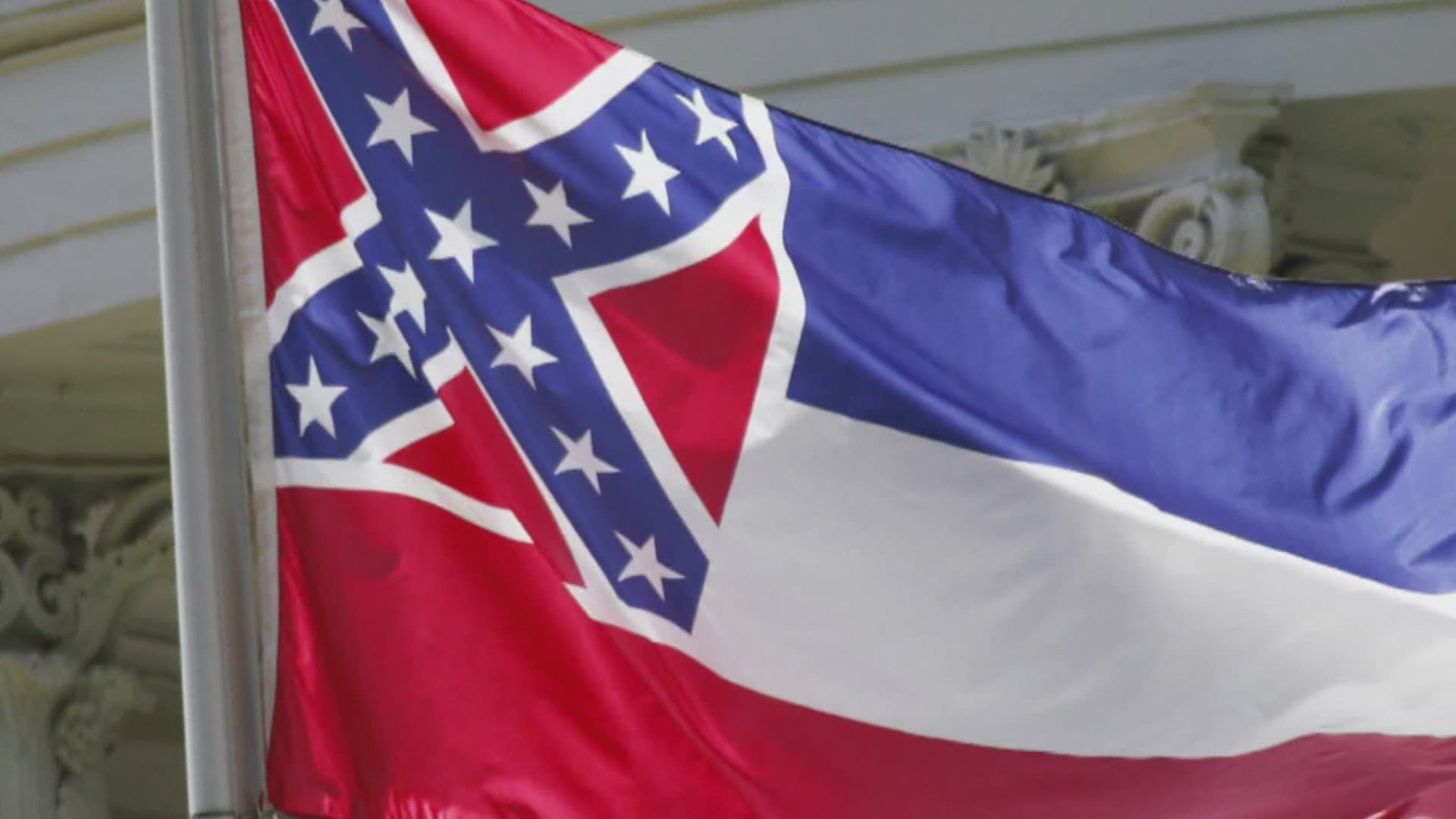WASHINGTON, D.C., USA — Nationwide protests over George Floyd’s death have brought racism in America to the forefront of political discourse in recent weeks. Specifically, this week, monuments, statues, and namesakes with ties to slavery and the Confederacy are being questioned and destroyed in the U.S. and around the world.
In Washington, discussions have turned to action, as a GOP-led Senate approved a plan on Thursday that would remove the names of Confederate figures from military bases and other Pentagon assets. But President Donald Trump vowed Wednesday that he would not rename military bases the honor Confederate generals, like Fort Bragg and Fort Hood.
Speaker of the House Nancy Pelosi said, “The statues in the Capitol should embody our highest ideals as Americans, expressing who we are and who we aspire to be as a nation. Monuments to men who advocated cruelty and barbarism to achieve such a plainly racist end are a grotesque affront to these ideals.”
Maine U.S. Sen. Angus King took to Twitter on Thursday to share his thoughts on the debate. He Tweeted a photo of the Ulysses S. Grant statue in the Capitol Rotunda, and said, “No military base bears his name, but we have ten Army bases named for Confederate generals. Yesterday, the Senate Armed Services Committee took a bipartisan step to end this divisive legacy.”
Overnight on Tuesday, a statue depicting Christopher Columbus was beheaded in Boston's North End. Statues of Columbus, Robert E. Lee, and others with ties to slavery and the Confederacy across the country are being destroyed by protestors.
Maine has many Civil War memorials across the state but none have ties to the Confederacy (one statue in York has been rumored to depict a Confederate soldier, but that was debunked by a historian).


Maine has a unique history when it comes to slavery and the Civil War. After all, Maine’s path to statehood 200 years ago revolved almost entirely around slavery. Maine was a free state when it petitioned Congress to be admitted into the Union, and was accepted as a counterbalance to Missouri, which joined the Union as a slave state.
King released a full statement on Instagram:
Ulysses S. Grant standing guard this morning in the Capitol Rotunda. West Point graduate, military genius, savior of the Union, and scourge of the Ku Klux Klan as president—but no military base bears his name. Instead, we have ten Army bases named for confederate generals, most of whom violated their oaths when they abandoned the U.S. Army to take up arms against their country in service to the preservation of slavery. (If you have any doubt about what the Civil War was all about, Google “South Carolina declaration of secession”; the word “slaves” or “slavery” appears no less than a dozen times and is at the heart of the document.) One of these bases is even named for a confederate officer who became a leader of the KKK after the war.
This week, retired General David Petraeus, described his journey in considering this question and concludes, “These bases are, after all, federal installations, home to soldiers who swear an oath to support and defend the Constitution of the United States. The irony of training at bases named for those who took up arms against the United States, and for the right to enslave others, is inescapable to anyone paying attention. Now, belatedly, is the moment for us to pay such attention.” Yesterday, the Senate Armed Services Committee voted on a bi-partisan basis to begin the process of changing these names; I voted aye. Now, indeed, is the moment.

